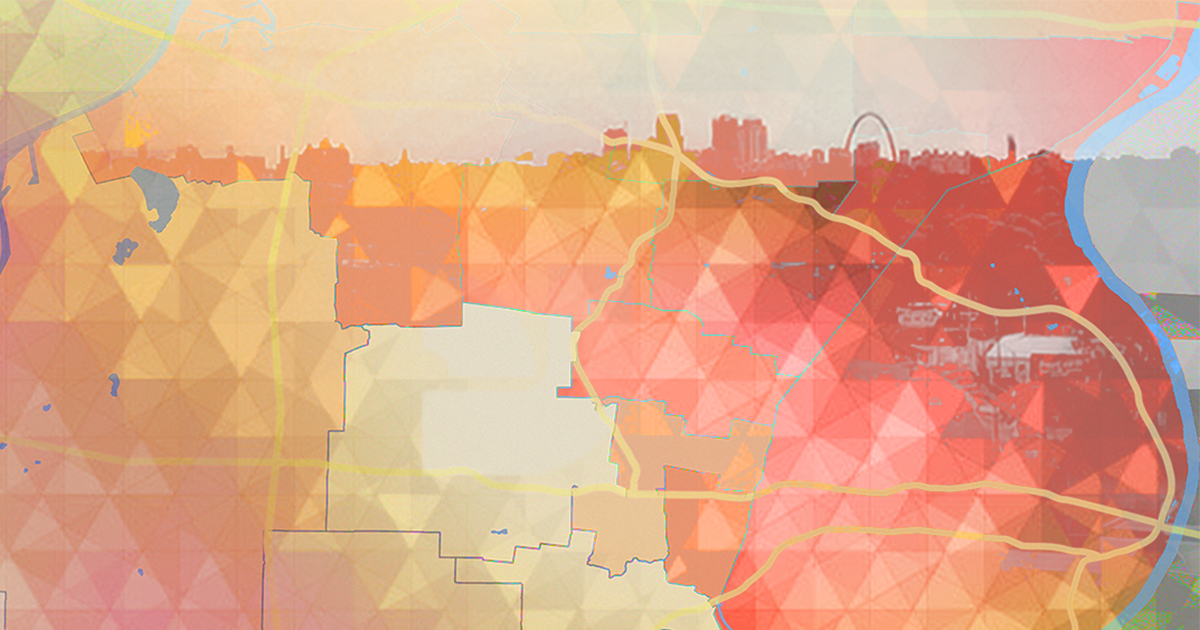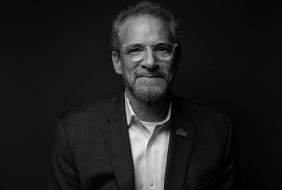Beyond Housing president and CEO Chris Krehmeyer writes about the need to address our immediate challenges while also committing to long-term change
Just recently, Greater St. Louis, Inc. and the Regional Business Council, in partnership with the University of Missouri–St. Louis, published a report that declares that the St. Louis metro has a homicide crisis.
Among the report’s key findings:
- The St. Louis region’s homicide rate is among the highest in the U.S., over double the U.S. metro average in 2020
- In addition to the tragic loss of life, the reality and perception of widespread violence negatively impact the ability of the metro area to attract new residents, businesses and visitors and to foster economic growth
- Stopping homicide must be the region’s top priority
I welcome this report and the call for regional officials to come together to develop a strategy to reduce homicides and improve public safety. I believe that when faced with any crisis, it’s imperative that we as a region come together and address it as a unified front.
While the issue of violent crime demands a region-wide response right now, we need to remember that short-term remedies and long-term solutions are often very different things. What helps alleviate the symptoms of a problem in the short term is not the same as addressing the underlying root of why a problem exists in the first place.
In my last article in St. Louis Magazine, I wrote how research shows that nearly all of the St. Louis region’s longstanding challenges can be traced back to our high concentrations of poverty.
I also introduced Beyond Housing’s Once and for All effort to transform the many under-resourced communities in the Normandy schools footprint in North St. Louis County—an area with the highest concentration of poverty in the Missouri side of the metro region.
I hope that this new report on violent crime further inspires us to also work toward creating long-term change. Our historical tendency to focus solely on immediate results at the expense of working to create long-term change is why, I believe, we continue to struggle with crime and other familiar challenges after all these decades.
In some ways, I believe we resist addressing a complex issue such as poverty in a meaningful way because it feels too hard—like moving a mountain.
Moving this mountain is possible if we have the courage to come together and face it. By doing so, we can finally move our region forward, once and for all.
In next month’s article, I’ll be writing about Beyond Housing’s work in North St. Louis County—specifically Pagedale, where total crime has decreased 42% since 2014 as a result of significant investment in economic development, housing, and programs to help families lift themselves out of poverty.
For now, I’d like to share some thoughts I believe we need to understand to finally make real progress for our region.
Embrace Hard
The first step in moving a mountain is to embrace the fact that it’s not going to be easy and that we are not going to move all of it overnight.
Changing entrenched patterns that have existed for decades does not happen immediately. But we have to make a serious start.
To make real progress, we also need to admit that how we’ve attempted to address our region’s challenges in the past has not been effective. In that past, we have had too many organizations working in silos implementing overly simplistic solutions.
If we want a different result, it’s time for a new approach.
Take the Time to Understand the Problem
In an effort to create results, we often attempt to address complex social issues like poverty without having a valid understanding of the problem.
We need to understand that transforming under-resourced communities is not simple—it’s complex.
Families and communities have many needs that must be met in order to thrive, from housing to employment, education, health, economic development, municipal government, and more. And all of these needs are interrelated. It’s not enough to address just one piece of the puzzle. Creating real change requires a comprehensive, holistic effort.
This is why so many single-focused efforts in the past have failed to produce meaningful change.
Form a Unified Front
Moving a mountain or changing decades-long patterns is not a small effort. It requires multiple organizations and people to work together to move the mountain bit by bit, chunk by chunk.
Our region’s lack of progress is not due to a lack of resources or effort. It’s often that our resources are often spread too thin among organizations operating in silos.
Our progress in North St. Louis County isn’t the result of Beyond Housing. It’s the result of bringing many organizations together, from nonprofits like Missouri Foundation for Health, Community Impact Network, and others to corporate partners like Emerson, Ameren, Boeing, Affinia Healthcare, and BJC HealthCare. It’s the result of what many in community development call “collective impact.”
It’s impossible for any single organization to reduce poverty when there are so many needs resulting from poverty—from a scarcity of food and basic needs to a lack of employment, unmet health needs, a potential eviction, and a host of other immediate crises. But multiple organizations working together with complementary strengths can create real change.
Just as we need a regional strategy to reduce homicides, we need to come together as a region to address the source of our challenges by investing in the people and communities left behind.
Rethinking Philanthropy
To move a mountain, we also have to expect more from ourselves and our collective efforts.
We often talk about how St. Louis is a generous place, and it’s true. With all of our generosity though, why do we still have so much need?
Instead of viewing our philanthropic efforts through the lens of charity, we need to begin viewing them as an investment in the future of our region. Like any financial investment, we need to expect and demand a return.
We still need to serve immediate short-term needs. We still need to care for the vulnerable and serve those with immediate needs. But we also need more focus on creating long-term change. And we need to be far more strategic with our efforts and resources to make the lasting change our region needs.
Moving the mountain, once and for all
As we formulate a regional strategy to make St. Louis a safer region, let’s not stop there. If we do, history has shown that we will likely continue to struggle with this and other challenges.
To summarize, here are some specific steps to finally move our region forward:
- Bring community leaders together and make reducing poverty and decline a region-wide priority
- Use resources more strategically by understanding that addressing poverty and transforming communities requires a holistic, comprehensive approach addressing multiple needs including housing, education, health, employment, and economic development
- Reduce silos among nonprofits and collaborate to create impact at scale
Let’s come together and implement sensible measures to improve public safety in the short term while also committing to finally move this mountain, once and for all.
To learn more about Beyond Housing’s work, visit Once and for All, and sign up for our newsletter for the latest developments. If you are further interested in our work and ways to help, then I would love to talk with you.


